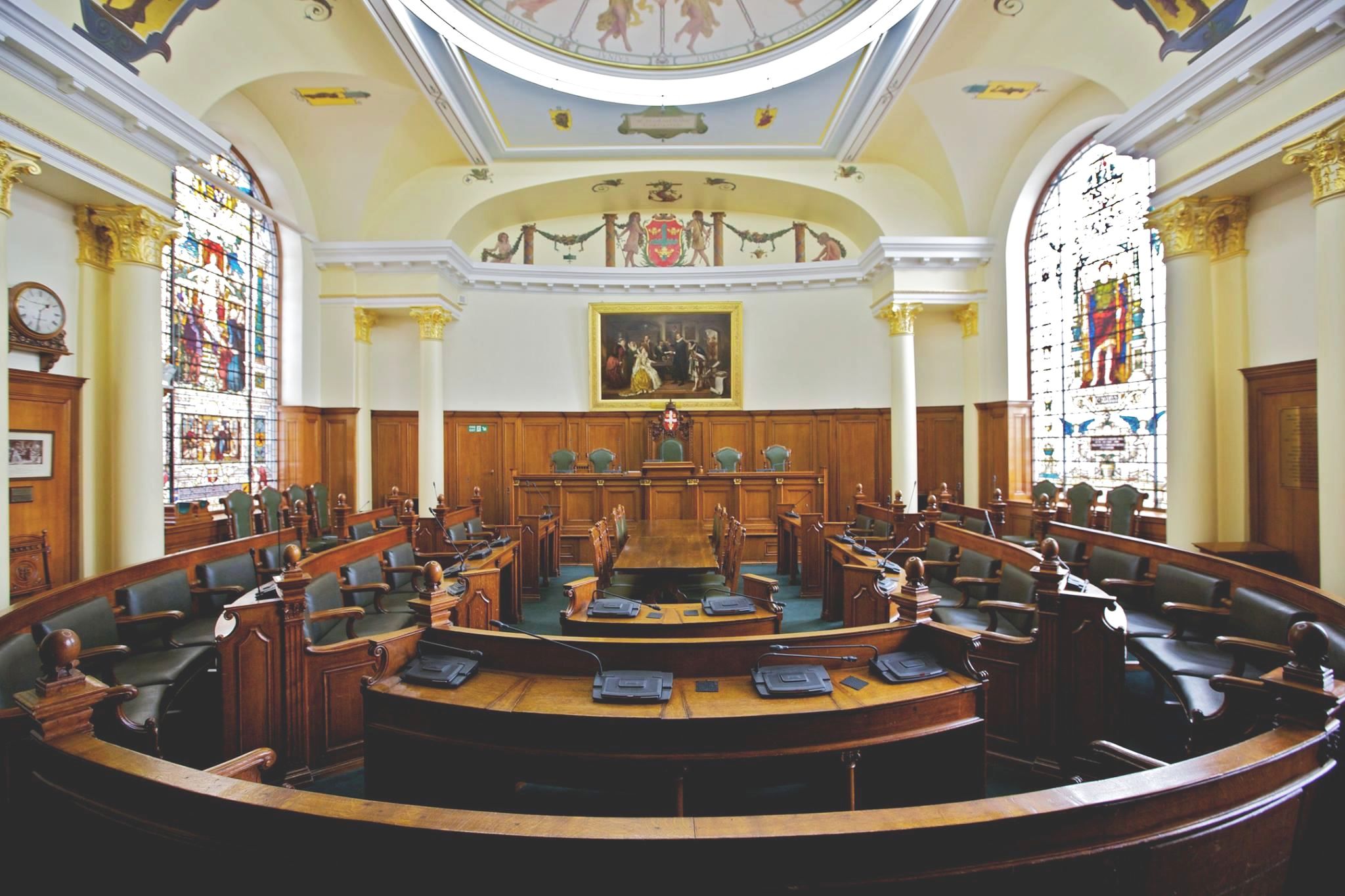 |
The Labour Government's Tax Policies: A devastating blow to Intergenerational Farmers, and to long-term sustainability of Rural Communities in Colchester |
City Cllr Lewis Barber & City Cllr Darius Laws, who both representing Wards with rural Communities in the north of Colchester write:
With the news of Labour’s tax rising Budget sinking in concerns amongst the custodians of our rural landscape, and the producers of our food, are now facing the nightmare that even small sized family farms will be split up and sold-off, akin to the death duties after the Second World War. Be under no illusion, this is a metropolitan-centric government who don’t understand, nor care to understand, what it means to be a small sheep farmer in Wales or a mixed livestock farmer in East Anglia. The Chancellor’s policies threaten not just the livelihoods of farmers, but also the very fabric of our rural communities and food security in the UK.
Farmers here in East Anglia work tirelessly to produce high-quality food, they face a system that seems to undervalue their contributions. Domestic production is good for our local economy, consumers are increasingly conscious of food miles and the quality and provenance of the food we eat. During the outbreak of the War in Ukraine the price of grass-fed beef in the fields outside Colchester remained static, whereas grain-fed beef prices elsewhere rose because of the sharp rise in grain prices.
Intergenerational farmers, who have invested years into sustainable practices and local knowledge, are key to ensuring food security. However, the current tax policies risk pushing them out of business, jeopardising both local food production and the rural economy.
East Anglia has long been an agricultural powerhouse, but recent developments have raised eyebrows. The proposed installation of pylons across the landscape, designed for energy transmission, has sparked concerns about the impact on farming operations and rural aesthetics. Red Ed’s obsession with Pylons and so-called ‘Green Energy’ transmission reflect a pattern where rural areas are sidelined in favour of what folks living in Islington town houses think best for the nation.
Moreover, the region appears to be losing out on essential infrastructure funding. We have key transport hubs such as the Port of Felixstowe, Harwich and Stanstead Airport but a virtual donkey track of a road to get to a major airport.
At the heart of any thriving rural area are its communities. A busy primary school, a village shop, and a local pub serve as social hubs, knitting together the fabric of rural life. These institutions rely heavily on a strong local economy, which is supported by the agricultural sector. When farmers are thriving, so too are local businesses; when they struggle, the entire community feels the impact. Sustainable communities depend on a healthy agricultural sector that can provide employment, stimulate local trade, and maintain the landscape that defines rural life.
However, the new tax policies threaten this balance. Rising costs and diminishing returns for farmers could lead to a reduction in agricultural output, impacting local shops, schools, and pubs. Without robust support for intergenerational farmers, we risk eroding the very essence of our countryside—places that are not just about agriculture but about community, culture, and heritage.
The Labour government's Budget overlooks the unique challenges faced by intergenerational farmers in the UK. With food security at stake, and rural communities already grappling with inadequate infrastructure and investment, the government must change tack. The future of our countryside relies on recognising the vital role of farmers—not just as producers of food, but as custodians of our rural heritage and sustainable communities. If we fail to support them, we risk losing not only our agricultural capacity but the very soul of rural life in the UK.
Conservatives pledge to support rural communities with the same vigour as city-centre communities
2024-11-07
_______________________________________________________________________
